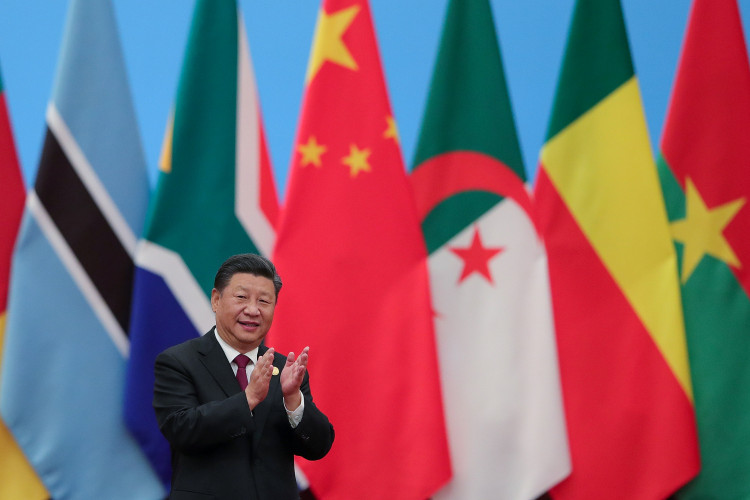China is loosening its foreign investment policies for global businesses as it pursues its belt and road initiative. On the hand, its economic rival, the United States, goes all-out on its indiscriminate slapping of tariffs to its trading partners.
The economic rivalry between the two of the largest economies in the world caused advantages and disadvantages to the global market. Donald Trump and Xi Jinping strong and influential rivalry show how firm the leaders in making decisions.
Xi has announced its eagerness for economic ties with other nations while Trump has started waging economic war with Canada, the European Union, China, and others.
Art Laffer, a respected economist, has always expressed his support to leaders who are open to global trade rather than close off its borders. He said that a full-blown trade war would be a curse on the US economy.
It was written in economic and history books that, after the World War II, it was the US that led global trade and infrastructure build-out like the Marshall Plan in Europe and the Interstate Highway System. The projects were reported to have required massive amounts of commodities and raw materials and it has created jobs more or fewer hundreds of thousands of employees.
The economic rivalry showed that of the two world leaders, Xi has a clearer foreign policy about trade and infrastructure.
Beijing is scheduled to host the Forum on China-Africa Cooperation (FOCAC) this week. The forum happens every three years and is usually attended by representatives from 52 African countries. They usually discuss the two countries policies on technology, trade, infrastructure, diplomacy, culture, and agriculture.
In 2015, Arica received a pledge amounting to as much as $60 billion to be used in its development in the form of an interest-free loan. Global Trade Magazine reported that China has increased its investment in Africa by 520 percent within the last 15 years.
China was given a go signal to finance and to build a standard gauge railway connecting two cities in Kenya. The Mombasa-Nairobi SGR construction is reported to amount to $3.8 billion and the project was contracted by China Road and Bridge. It is the largest infrastructure project in Kenya since it was declared free from UK's control in 1963.
On the other hand, data was reported that the US fund flows to Africa have been decreasing and it is expected to continue dropping in President Trump's Administration.





